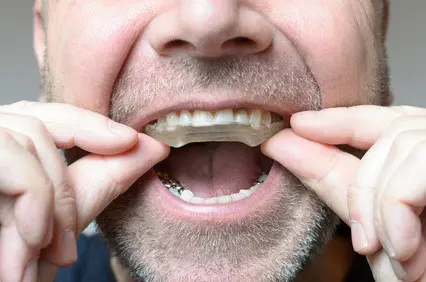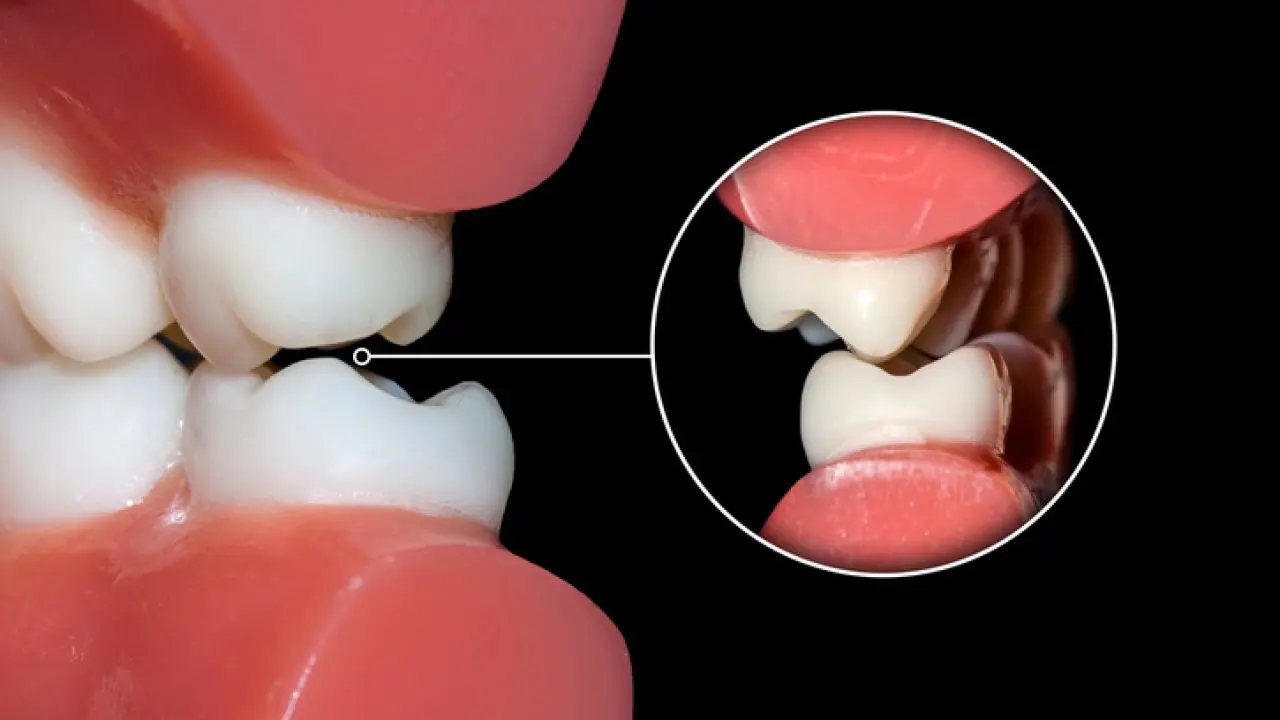For some time now, you have noticed that when you wake up, your jaw is sore and hurts painfully. You do not care about it, and you think that it is surely the only passenger. It’s only during your visit to the dentist that the diagnosis falls: you grit your teeth while you sleep! Also called “bruxism,” the grinding of teeth is a common condition, but must be controlled to prevent damage to your teeth and your temporomandibular joint.
Track bruxism, not so simple!
From the outset, before you can do anything to solve your problem, you must first know that it exists! The grinding of the nocturnal teeth is difficult to detect since the patient does not realize it himself. As we mentioned above, it is often during a dental examination that you will learn that you suffer from bruxism.
Seeing the condition of your teeth, your dentist will have good clues that will allow him to track the problem. Damaged and sensitive natural teeth, broken dental fillings, or bare gums are all revealing elements of bruxism. The good news? Now that you’ve identified your problem, you can look for the solution that’s right for you!
Possible solutions against grinding of teeth
Various options are available to you against bruxism; here are a few.
The occlusal plate, to protect the teeth
The occlusal plate, also known as a protective gutter, is a support device that is placed over your teeth to protect them from friction. In doing so, it prevents the wear of your natural teeth, to keep your dental protections intact and to lighten the pressure on your jaws.

Of course, it is not a permanent treatment. Depending on the intensity of your bruxism, it can be worn only at night, or even during the day. Also, the life of your occlusal plate will vary according to the intensity with which you contract your jaws. When it is too worn, you will have to think about changing it.
Medications to soothe bruxism
If your pains are particularly intense and you tend to bite your teeth with excessive force, your dentist or doctor may prescribe muscle relaxants. These medications can help you, but also have some side effects.
You can also buy various over-the-counter medications that, if taken before bedtime, can help you reduce pain. However, it is important not to use them in the long term, as they are likely to cause various negative consequences on your sleep and your health.
Physiotherapy to help your jaws
If he thinks it would be beneficial for you, your dentist can refer you to a physiotherapist. By rehabilitating your jaw with the help of a specialist, you could potentially reduce your pain and relax your temporomandibular joint. That said, we cannot guarantee that this will solve your problem!


